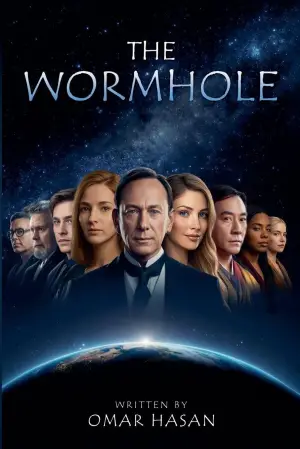Unraveling the Threads of Fate: A Reflection on Body of Stars by Laura Maylene Walter
When I stumbled upon the blurb for Body of Stars, I was captivated by its promise of a dystopian exploration of patriarchal oppression through a unique lens—women’s bodies literally mapped out their futures, down to their children and life’s milestones. Laura Maylene Walter’s insights into the way culture shapes our destinies had me intrigued. However, as I delved deeper into Celeste’s world, I found myself both enchanted and frustrated, leaving me with much to reflect on.
In this gripping narrative, we navigate a society where the freckles on women’s bodies foretell their futures. These markings reveal everything from career prospects to potential family tragedies. Celeste, a girl on the brink of womanhood, is anxiously awaiting her “change,” a moment that brings not just adult markings but also the burden of societal expectations and dangers, such as abduction and victim-blaming. Her relationship with her brother Miles adds another layer of complexity, as he aspires to be an interpreter of their family’s futures—a role traditionally reserved for women.
The themes of patriarchy and misogyny permeate the story. Walter doesn’t shy away from the harsher realities of Celeste’s world, where abductions are viewed through the damaging lens of moral failings. This oppressive societal structure made me reflect on real-world parallels that still resonate today. One of the most haunting lines, “The whole system, the entire structure of our society, was built around protecting men instead of girls,” lingered with me long after I closed the book.
Yet, while the themes were ripe for exploration, I found the execution lacking. The narrative is framed as Celeste’s retrospective account, which can be a compelling device. However, the frequent “if only I had known then” musings occasionally disrupted the flow, making it harder to stay immersed in her journey. The pacing felt uneven, particularly during the pivotal transition to the Mountain School—a supposed refuge from patriarchal education—where Celeste’s character development could have shone more brightly.
Interestingly, much of the spotlight remains on Miles, which felt misaligned with the book’s focus on Celeste. Throughout the story, I yearned for a deeper exploration of her transformation and the internal struggles she faced while shedding the weight of her upbringing. While Celeste emerged from her experience strong and empowered, I felt we skipped too swiftly through the mosts crucial moments of her deprogramming.
In the end, Body of Stars earns about 2.5 stars in my book. It grapples with critically important issues but ultimately doesn’t dig deep enough into its themes to offer the satisfying exploration I craved. This is a story that might resonate with readers who appreciate provocative narratives and are keen to question societal constructs.
Overall, while my experience was not entirely fulfilling, it sparked dialogue and introspection around relevant topics. It’s a conversation starter at the very least, and one worth having in the realm of dystopian literature. If you’re curious about how systemic issues can shape individual destinies, this book might be worth your time—but do go in prepared for the more challenging themes it presents.






